INSTITUTE
IMMERSE IN THE SCIENCE OF LIFE
at Mount Madonna, California
INSTITUTE
IMMERSE IN THE SCIENCE OF LIFE
at Mount Madonna, California
In candidacy for accreditation with the Ayurvedic Accreditation Commission (AAC), Mount Madonna Institute’s Ayurvedic Practitioner (AP) program significantly builds on the foundational Ayurvedic Health Counselor (AHC) certification.
Through the AP program you will explore classical texts, traditional clinical treatments, practices, and formulations, guiding you to a deeper understanding of the 5,000 year old art and science of Ayurvedic medicine and philosophy.
Deeply immerse yourself into the “science of life” with extensive training, clinical experience, and a scope of practice well beyond what is first studied in the AHC program.
The program design allows you to enjoy Mount Madonna’s 380-acre mountaintop campus. However, you may decide to attend up to 11 monthly modules remotely.
Enjoy a rich and stimulating educational environment while receiving in-depth academic instruction in disease management, herbal medicine, mother and child care, geriatric health, rejuvenative therapies, subtle healing modalities, counseling skills and research literacy. Yoga and Sanskrit study are integral components of the curriculum.

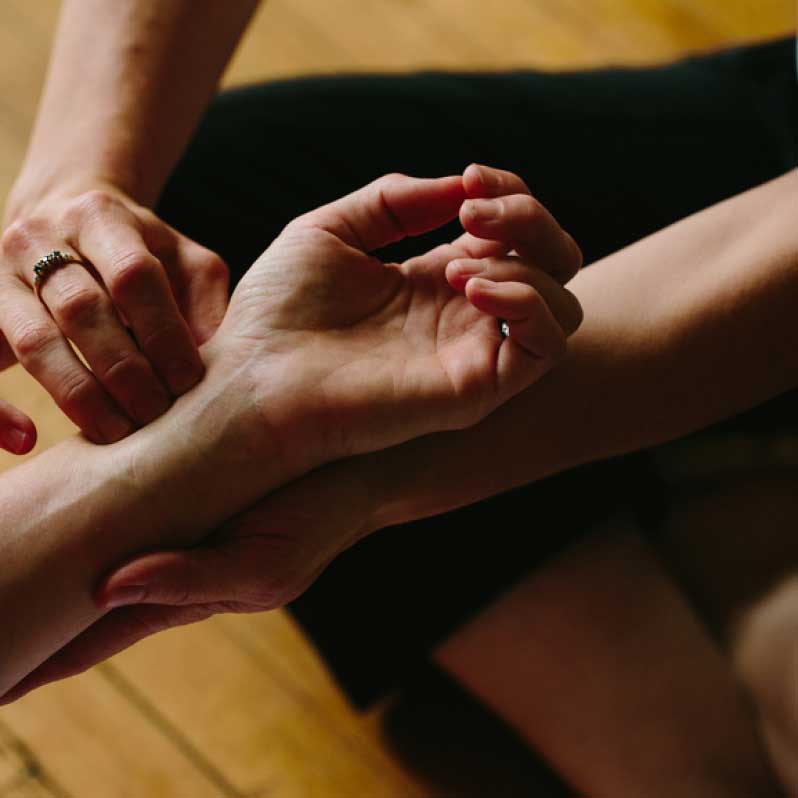


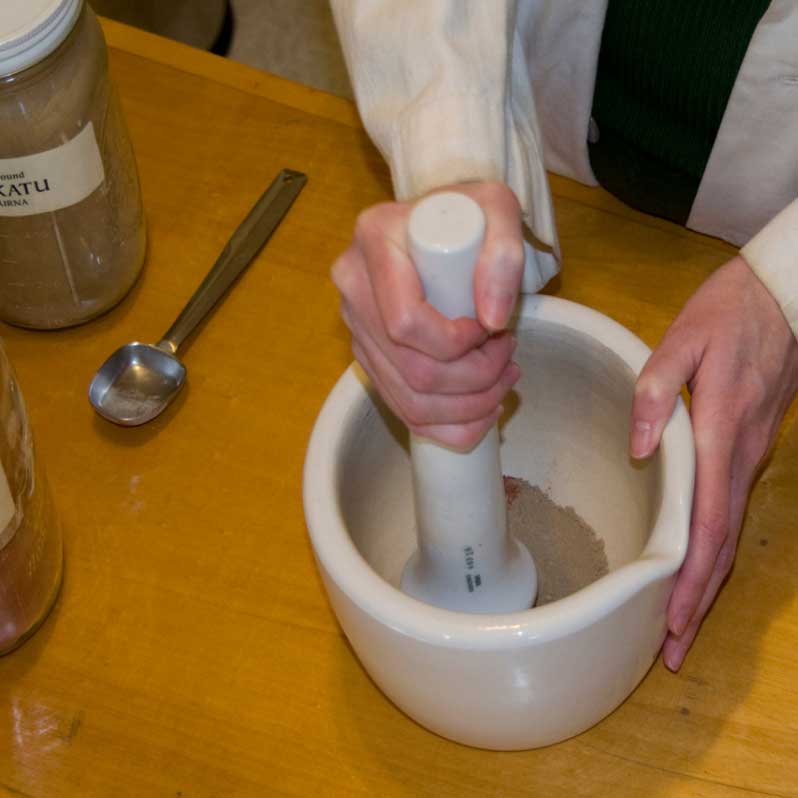
Estimated Total: $18,700
See full details below.
More Information
For more information regarding our programs and admissions, please email us at info@mountmadonna.org or call (408) 846-4060.
| Thursday | ||
|---|---|---|
| 2:00 pm – 5:00 pm | Course | 3 hr |
| 6:00 pm – 8:00 pm | Course | 2 hr |
| Friday | ||
| 7:00 am - 8:30 am | Yoga | 1.5 hr |
| 9:30 am - 12:30 pm | Course | 3 hr |
| 1:30 pm - 5:30 pm | Course | 4 hr |
| 6:30 pm - 8:30 pm | Integration | 2 hr |
| Saturday | ||
| 7:30 am - 9:30 am | Yoga | 2 hr |
| 11:00 am - 2:00 pm | Course | 3 hr |
| 2:30 pm - 5:00 pm | Course | 2.5 hr |
| 6:00 pm - 8:30 pm | Course | 2.5 hr |
| Sunday | ||
| 7:00 am - 8:30 am | Yoga | 1.5 hr |
| 9:30 am - 12:30 pm | Course | 3 hr |
| 1:30 pm - 2:30 pm | Course | 1 hr |
| 2:30 pm - 5:00 pm | Integration | 2.5 hr |
| *Pacific Time Zone |
Estimated total does not include meals and lodging. Your meals and lodging cost is based upon your housing selection and length of stay.
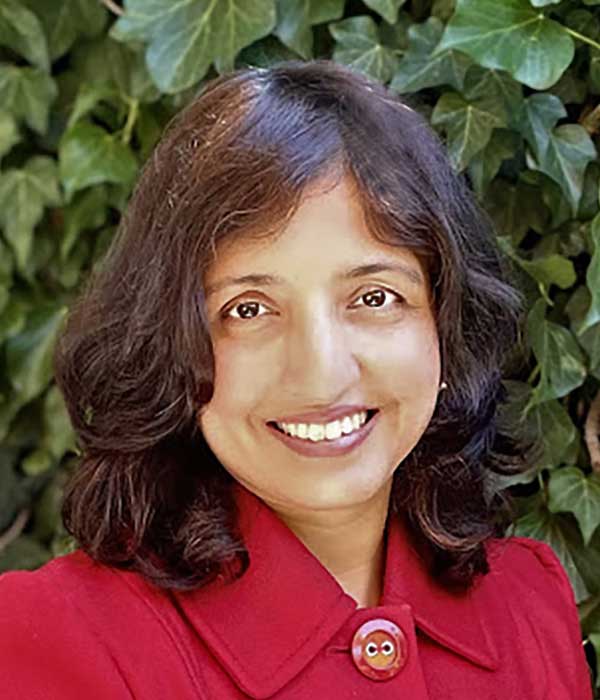
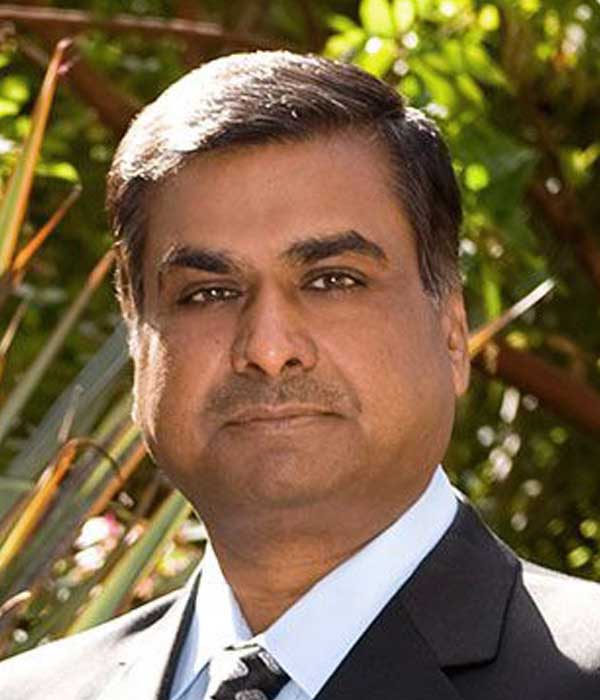
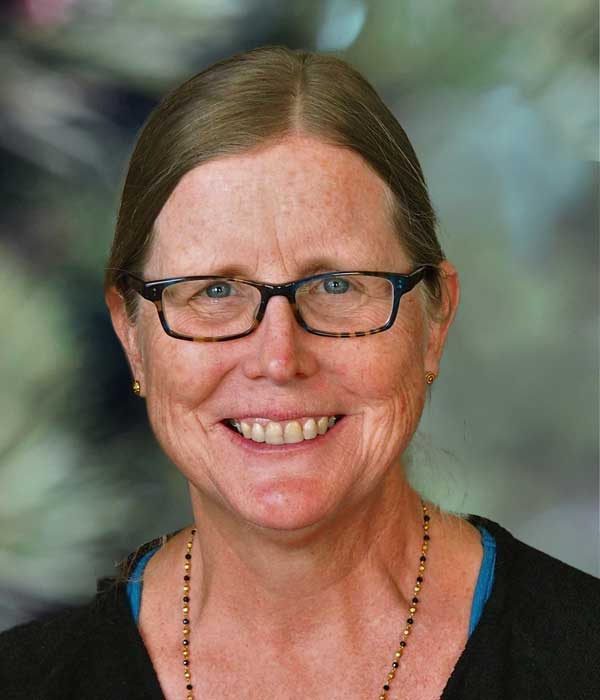

Course No. AYP 300, AYP 400, AYP 500, AYP 600
This course deepens the practice of yoga. Students perform yoga postures, breathing practices and meditation. Students explore the science of yoga within the context of the Shad Darshana. Using the Ashtanga Yoga (eight-limbed path), Hatha Yoga (path of balance) and Raja Yoga (royal path) systems, the course investigates and applies the appropriate limb and practice of yoga to disease management. This course is studied throughout the 5 trimesters of the program.
Course No. AYP 306
This course investigates the knowledge of the Mind, its functions, causative factors for pathological change, stages of pathology and various diseases presenting with psychological and physical symptoms. It assesses various psychological disorders from an Ayurvedic perspective.
Students explore the predominance of the three gunas (Sattwa, Rajas, Tamas) in specific conditions and learn which Ayurvedic therapies (diet, lifestyle, and herbal) can be recommended. Spiritual and subtle therapies of the sister sciences are considered as well.
Course No. AYP 307
This course more deeply examines the basic principles of Ayurvedic medicine and the eight branches of medicine through the classical texts. Students investigate the historical significance and philosophical foundations of Ayurvedic medicine, as they explore and expand their knowledge and use of these ancient texts in a modern clinical practice. The course focuses specifically on Ashtanga Hridayam and Charaka Samhita, however all the major and minor texts will be included.
Course No. AYP301, AYP401, AYP501
This course continues the study of Sanskrit, the language of Ayurveda. Students learn to read, write, and chant Sanskrit slokas relating to health, wellness and each disease system studied. This course is studied throughout the 5 trimesters of the program.
Course No. AYP 302, AYP 402, AYP 502, AYP 602
This course provides the basic framework for integrating the Ayurvedic concepts of health, wellness, disease prevention and disease management as presented throughout the program. Students review the principles of each system presented and contextualize it with the methods of treatments being offered. Students integrate reading of classical texts with modern terminology and traditional approaches.
Students create self-study (svadhyaya) goals and frame the discussion of becoming a practitioner through the Ayurvedic concept of self-healing. They explore a variety of counseling modalities appropriate to an Ayurvedic clinical practice. Students continue to explore ethical and legal issues in Ayurveda and are introduced to business management practices. This course is studied throughout the 5 trimesters of the program.
Course No. APM 403
This course delves deeper into the Ayurvedic principles of herbology, focusing on the functions, indications, and contraindications of various medicinal herbs. It covers the use of single herbs, classical compounded formulas, and different methods of combining herbs to restore physical and mental equilibrium and manage various imbalances.
Course No. AYP 404
This course includes medical research, terminology and common drug, herb, vitamin interactions. Diagnostic tools in allopathic medicine and medical approaches for cardiovascular, women’s health, infectious disease and mental health including lab analysis, imaging, pharmaceuticals, and surgery. The course will also examine the relationship between Ayurveda and allopathy, exploring ways to work collaboratively.
Course No. AYP 405
This course explores in detail the major systems via srotamsi (channels) as explained in the classical texts of Ayurvedic Medicine including various disorders, assessment, and treatment. Students learn the causes, signs and symptoms, and pathogenesis of the disorders, as well as treatments through diet, lifestyle, herbal formulas and other therapies.
The srotamsi explored are: Mahavaha (GI tract) Pranavaha (respiratory), Rasavaha (cardiovascular) and Jwara (infectious disease).
Course No. AYP 406
This course explores in detail the major systems via srotamsi (channels) as explained in the classical texts of Ayurvedic Medicine including various disorders, assessment and treatment. Students learn the causes, signs and symptoms, and pathogenesis of the disorders, as well as treatments through diet, lifestyle, herbal formulas, and other therapies.
The srotamsi explored are: Raktavaha (blood disorders & skin), Shukravaha (men’s health), Mutravaha (genito-urinary) and Shalakya Tantra (ENT/ head/ neck).
Course No. AYP 407
This advanced course offers an in-depth exploration of the classical texts of Ayurveda, focusing primarily on Charaka Samhita and Ashtanga Hridaya and their application in modern clinical practice. Students will examine detailed teachings on diagnosis, treatment, and healthcare and gain a profound understanding of the classical Ayurvedic texts and the ability to integrate the information into their clinical practice.
Course No. AYP 503
This course includes current research and medical approaches for infectious disease, neurology, ENT, endocrine, and gastrointestinal diseases. Commonly used diagnostic tools in allopathic medicine including imaging, surgery, chemotherapy, anesthesia, and radiation. This course will also examine the relationship between Ayurveda and allopathy, exploring ways to work collaboratively.
Course No. AYP 504
This course provides the students a basic understanding of scientific research processes and an introduction to steps involved in scientific research models, methods, and analysis. Students will learn how to critically understand and evaluate scientific research presentations and literature and begin to critique scientific methodology.
Course No. AYP 505
This course explores in detail the major systems via srotamsi (channels) as explained in the classical texts of Ayurvedic Medicine including the disorders, assessment, and treatment. Students learn the causes, signs and symptoms, and pathogenesis, as well as diet, lifestyle, herbal formulas, and other therapies. Srotamsi explored are: Majjavaha/Mamsavaha (neuromuscular system), Medavaha (metabolic disorders) and Astivaha (bone).
Course No. AYP 506
This course explores in detail women’s health in Ayurvedic Medicine including the Ayurvedic approach to promoting fertility, a healthy pregnancy, and the imbalances of menopause. Students learn the causes, signs and symptoms, and pathogenesis of the disorders, as well as diet, lifestyle, herbal formulas, and other therapies. Assessment and appropriate intervention for children is examined per different age groups from infants to adolescence.
Diet and lifestyle to promote health as well as herbs suitable for children are presented. Students explore: Aartavavaha (women’s health), Stree Roga Prasuti (pre & postnatal) and Kaumarabhritya (pediatrics).
Course No. AYP 310, AYP 410, AYP 510
This course introduces students to advanced practices and protocols for consultations. Students continue to develop their skills as Ayurvedic Practitioners through consultations and clinical discussions under the supervision of experienced Ayurvedic Practitioners. Students are required to prepare case papers for each client. (This course runs over 5 trimesters for a total of 90 client encounters).
Course No. AYP 603
This course explores in detail the Ayurvedic principles of Herbology, functions, indications and contraindications of various medicinal herbs recommended in the classical texts. Along with single herbs and herbal formulations, students will study ghritams, asavas, aristhas and avaleham. This course covers management of various imbalances. Students will learn how to create individual formulas, and recommend herbal interventions based on Ayurvedic principles.
Course No. AYP 604
This course is a hands-on experiential demonstration of various Ayurvedic bodywork techniques including abhyanga, shirodhara, basti, Marma point therapy, snehana, udvartana, pizzhichil, pichu and swedana. Students learn the techniques and put them into practice in the classroom.
Because this is a survey course and does not provide in- depth training in these therapies, students will generally apply the knowledge to refer clients out to qualified practitioners.
Course No. AYP 605
Students will examine health issues that are of particular concern for the aging population including GI health, mental health, heart disease, respiratory disorders, skeletal-muscular imbalances and eye disorders. The course explores in detail the concept of rasayana or rejuvenation in Ayurvedic Medicine.
Students learn dietary measures, herbal formulas, external therapies, and daily routines used as rejuvenatives to promote nourishment and tonification, strengthen the immune system and build strength.
Course No. AYP 607
This seminar provides a forum for students to present their cases and engage in rigorous discussion about the cases and case management with a faculty member. Students are required to write and present a minimum of two case studies through a visual presentation enhanced through peer review and class discussion.

Populi is a web-based learning management system (LMS). It covers academics, admissions, billing, people, reporting, library, integrated email and calendar. MMI uses Populi as its student information and learning management system, where all student and classroom activity is recorded. Application, enrollment, course work, lessons, assignments, quizzes, grades, transcripts, and financial balances are all located in Populi.
Open House & Info Sessions
Join us for an In-Person Open House or an Online Information Session to learn about upcoming Yoga & Ayurveda Programs.
For more information regarding our programs and admissions, please email us at info@mountmadonna.org or call (408) 846-4060.
Frequently asked questions about our Ayurveda programs.